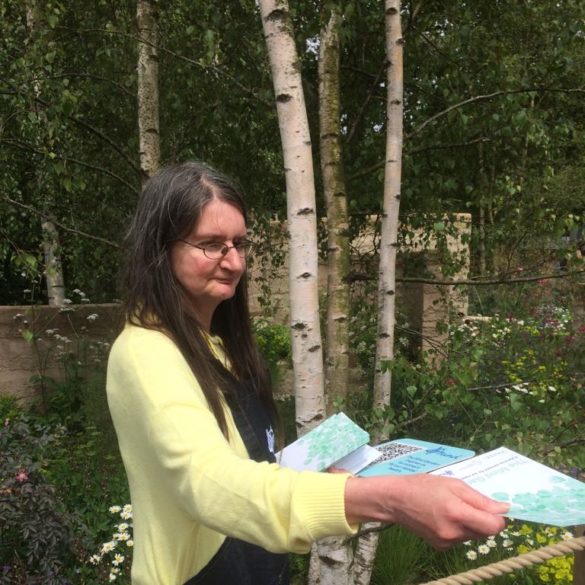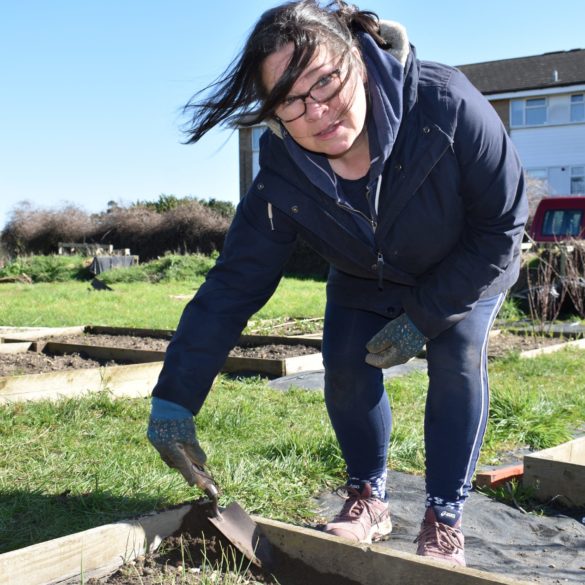GreenCare
Stay up to date with us
Enter your details below to sign up for our newsletter


Press enquiries
If you are a member of the media looking for comment or assistance with a story, please contact Prominent PR: 01473 276127
How are you feeling?
Complete our short survey and find out. It’s anonymous and helps us as a charity understand the needs in England and Scotland.











